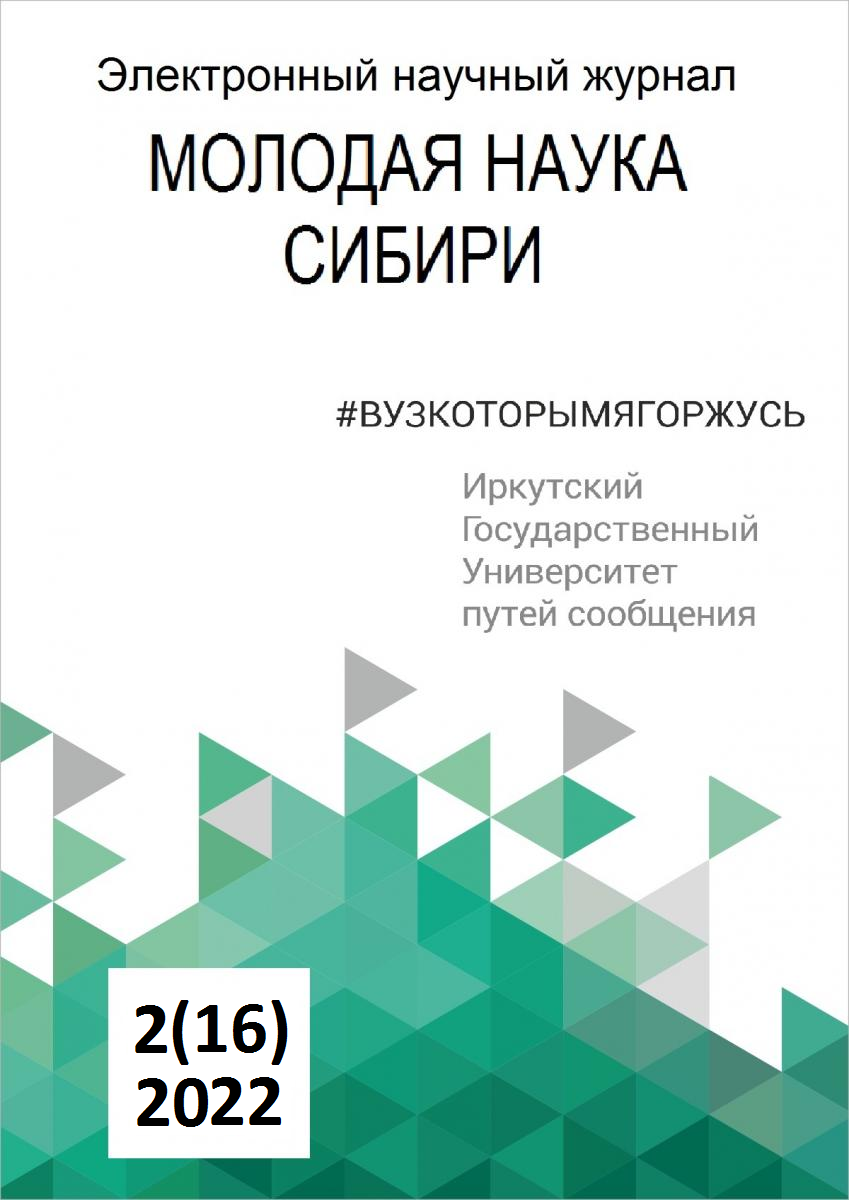ЯЗЫКОВАЯ ИГРА В ТЕКСТАХ СОВРЕМЕННОЙ АНГЛОЯЗЫЧНОЙ РЕКЛАМЫ
Ключевые слова:
реклама, языковая игра, уровни языка, языковая норма, каламбур, омонимыАннотация
Современная реклама представляет собой один из видов коммуникации, участниками которой являются производители товаров или услуг и их потребители. Процесс рекламной коммуникации сложен, и ее язык оказывает мощное влияние на людей, их поведение и на восприятие продукта. Грамотное использование языковых структур становится важным фактором успеха рекламной кампании. Привлечение внимания потенциальных покупателей и влияние на их потребительское поведение осуществляется с помощью различных креативных средств языка, в том числе языковой игры. Данная статья посвящена языковой игре как широко распространенному инструменту воздействия в современной рекламе. В статье анализируются различные подходы к понятию языковой игры, дается характеристика языковой игры как неотъемлемой части рекламного дискурса, использующей творческие возможности языка. В работе рассматриваются особенности создания языковой игры в современных рекламных текстах на английском языке. Случаи языковой игры с использованием фонетических, лексических, морфологических и графических средств проиллюстрированы примерами, взятыми из открытых интернет-источников и средств массовой информации. Представлено процентное соотношение использования языковой игры на разных языковых уровнях.
Библиографические ссылки
Витгенштейн Л. Философские работы. Часть 1. М.: Гнозис, 1994. С. 90.
Гак В.Г. Языковые преобразования. М.: Школа Языки русской культуры, 1998. 768 с.
Санников В.З. Русский язык в зеркале языковой игры. М.: Языки славянской культуры, 2002. 552 с.
Азимов Э.Г. Новый словарь методических терминов и понятий (теория и практика обучения языкам). М.: Издательство ИКАР, 2009. 448 c.
Матвеева Т. В. Учебный словарь: русский язык, культура речи, стилистика, риторика. М.: Флинта: Наука, 2003. 432 с.
Ageeva J. V. Advertising as a platform for language game // Rev. EntreLínguas, Araraquara, v. 7, n. esp. 1, p. 12-21, fev. 2021. URL: https://doi.org/10.29051/el.v7iEsp1.14854 (дата обращения: 20.05.22)
Teletov A. Use of language games in advertising texts as a creative approach in advertising management. URL: https://www.researchgate.net/publication/337848601_Use_of_language_games_in_advertising_texts_as_a_creative_approach_in_advertising_management (дата обращения: 20.05.22)
Mitchell E. D., Mason B. S. The theory of play. N.Y.: Barnes, 1935. 547 p
Гридина Т.А. Языковая игра: стереотип и творчество. Урал. гос. пед. ун-т. - Екатеринбург: Урал. ГПИ, 1996. - 215 с.
Нухов С.Ж. Языковая игра: возможные подходы и трактовки явления . // Вестник Башкирского университета. Серия «Филология и искусствоведение», 2012. № 1. Т. 17. С. 165–170.
Норман Б.Ю. Игра на гранях языка. М.: Наука, 2006. С. 5-10
Земская Е. А. Китайгородская М.А. Розанова Н.Н. Языковая игра // Русская разговорная речь. Фонетика. Морфология. Лексика. Жест. М.: Наука, 1983. С. 182-214.
Foster Timothy R.V. The Art & Science of the Advertising Slogan. 2001. 24 p.
Slogan database «Texart». URL: http://www.textart.ru/database/slogan/list-advertising-slogans.html (дата обращения: 15.02.22)
Slogan database «Slogan Hub». URL: https://sloganshub.org/ (дата обращения: 15.02.22)


